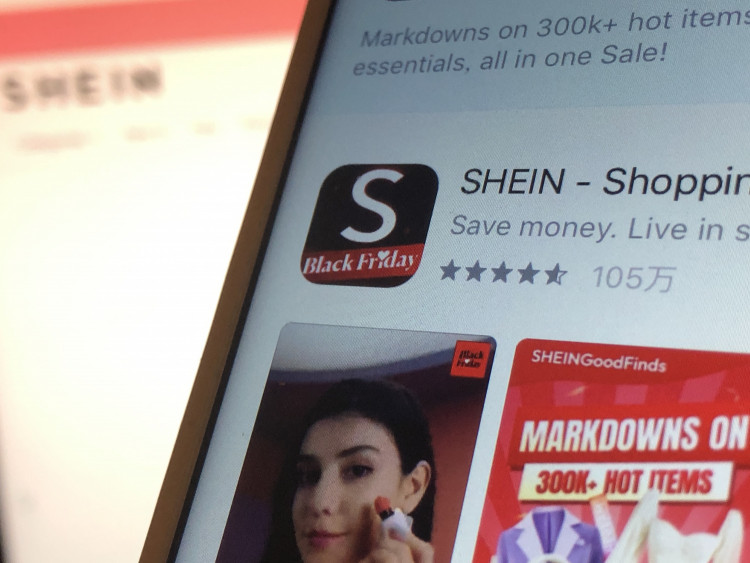A new generation of Chinese global companies has entered an era of active global presence. According to the "Google x Kantar BrandZ China Global Brands 2023" list, SHEIN ranks fourth, making it the highest-ranked online fashion brand. In the United States, SHEIN is immensely popular among young shoppers, as reported by investment bank Piper Sandler.
SHEIN's Gross Merchandise Value (GMV) in 2022 was reported to be $29 billion, surpassing Zara's annual sales. Sources from Bloomberg suggest that SHEIN's net profit for 2023 is expected to reach $2.5 billion, a significant increase from $137 million in 2019.
SHEIN's success can be attributed to its digital technology-driven supply chain. Since China's economic reform in the 1980s, domestic companies have been engaging in global business, particularly in manufacturing sectors like clothing. Chinese clothing manufacturing, known for its large volume, efficiency, and quality, has continuously improved in fabric, dyeing, and sewing technologies. However, the industry faced challenges in integrating these technologies to add value to downstream sales, and struggled with design, creativity, and branding.
SHEIN, founded in 2012, tackled these challenges by focusing on a "small order, quick response" model, a concept not new to the industry but refined by SHEIN through digitalization and internet technologies. Starting with small orders, usually between 100 to 200 pieces, SHEIN's precise analysis system quickly integrates fashion trends and predicts market demands, streamlining the entire process from design to production online.
This approach has led to a significant reduction in inventory waste and a more accurate match between consumer demand and supply, enhancing the industry's efficiency. SHEIN's inventory turnover rate is notably lower than the industry average, which is around 30%.
Further, SHEIN has been actively involved in brand operations abroad. It recently entered into a long-term cooperation agreement with Authentic Brands Group for the Forever 21 brand. SHEIN's acquisition of a stake in SPARC, a U.S. brand management company, and its collaboration with Australian designer brand Alice McCall, are part of its strategy to reshape and enhance these brands' market influence using its digital and supply chain systems.
SHEIN's development model serves as an example for other Chinese companies looking to expand globally. It has moved beyond being a simple player in the supply chain to becoming an integrator and innovator in the industry. Like Apple, SHEIN combines localized strategies with global business tactics, influencing beyond the scope of a single enterprise.
The company's support for suppliers and its investment in technology, training, and factory construction demonstrate its commitment to empowering the supply chain. SHEIN's agile supply chain model, as highlighted in a report by Boston Consulting Group, enables companies to respond quickly to market changes, reducing inventory costs and sharing benefits with customers through more affordable products.
SHEIN's dual-engine growth strategy of "self-operated brands + platform" aims to assist 10,000 global merchants and 100,000 small and medium-sized businesses in achieving significant annual sales targets over the next three years. This approach not only strengthens SHEIN's fashion domain but also supports third-party merchants with varying levels of experience in overseas operations.
SHEIN's ambitious revenue target is to double its total sales to $58.5 billion by 2025, surpassing the combined annual sales of Zara and H&M, with a GMV goal of $80.6 billion. This growth trajectory and innovative approach position SHEIN as a leading example of the new generation of Chinese global companies, reshaping the global fashion industry through agility, digital integration, and strategic brand management.






